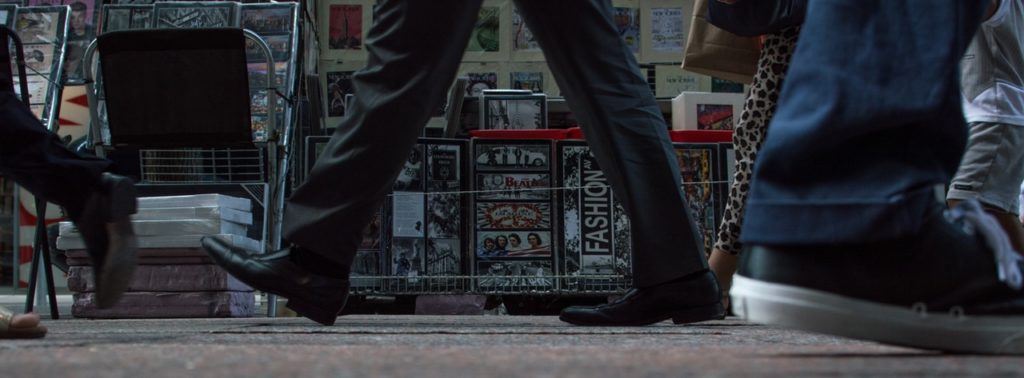In an article published on Techcrunch, Tom Goodwin made the following observation and it went viral on social media last year:
Uber, the world’s largest taxi company, owns no vehicles. Facebook, the world’s most popular media owner, creates no content. Alibaba, the most valuable retailer, has no inventory. And Airbnb, the world’s largest accommodation provider, owns no real estate. Something interesting is happening.
At the pre-internet stage, economies were only fuelled by businesses with huge capacities to increase their reach, for small time suppliers, reaching the target consumer was troublesome. This is where distributors came into the picture that mitigated supply and demand, allowing best of the products to reach the supermarket shelves. Even with three different parties handling three different functionalities, the end consumer wasn’t able to get his hands on the best from the lot, as the gap between him and supplier couldn’t always be bridged.
Once we stepped into the age of internet, these difficulties of bridging gaps between demand and supply met with much ease.
The Aggregation Theory talks about how Internet big shots with the help of technology and spectacular user experience offer a number of choices to the customer by connecting them directly to the suppliers. Organizations as such that bring together suppliers and customers in huge numbers on their common platform are called Aggregators.
The phenomenon witnessed – only 0.01% of the entire profit earned by these aggregators come from their own products, the rest of the inflow is achieved by commoditizing elements from the demand-supply chain. Most of them don’t even have their proprietary products. They simply aim at achieving a great consumer base by offering customer satisfaction and offering a range of products which would ideally be difficult in an offline model.
For an instance, Google does not create any content; it simply aggregates data from various publishers across the internet and makes it available to the masses on demand. Facebook, which is yet another content driven portal, doesn’t publish in-house content. But, instead allows its users to role play as customers and suppliers using advertising as the medium to market their product and their brand.
Who would have thought a cab booking interface would turn into an extremely lucrative business idea.
There are thousands of Taxis that need a customer and there are lakhs of customers that need a ride, Uber doesn’t own any cabs, it simply runs a customer management service that lets one book a ride within minutes.
Similarly, we have the likes of Airbnb and OYO rooms that don’t really own much properties in their name, but allow their users to access a range of options when it comes to affordable or exotic stays. The idea of aggregating resources and serving it qualitatively to the customer is a tested formula which only reaps profits for the organization and removes hurdles for the customers.
The recent reports suggest for the fiscal year ending March 31, 2016, OYO registered 15x year/year growth with 2.3 Mn booked room-night transactions in Q1 Jan-Mar 2016. Taxi-hailing app Ola meanwhile has shown 55% Year over Year (YoY) growth.
By the Aggregation Theory – in Internet’s epoch, a manufacturer possesses the freedom to be his own distributor, and this allows the freedom for a customer to bag the best deal for the best product of the desired quality.
Aggregators have monetized a number of fields from Taxis to Hotel Rooms even to the point where they aggregate data from other aggregators and earn profits. Take this example – Ixigo allows one to book a cab from either Uber, Ola or others, offering the luxury of choosing best available cabs at the cheapest available fare.
I don’t think there was ever a time when the customers were much happier and acted like a king, but to remind, it isn’t always that what you see is what you get (WYSIWYG).
Crafted with brevity
to make certain you see what others don't
Subscribe. We are growing.












I believe Technology will be the bellwether for mankind and I enjoy a good talk on Global Affairs. Some of my other indulgences - Motorcycles, New Words for my Vocabulary and Delicious Food Everyday.